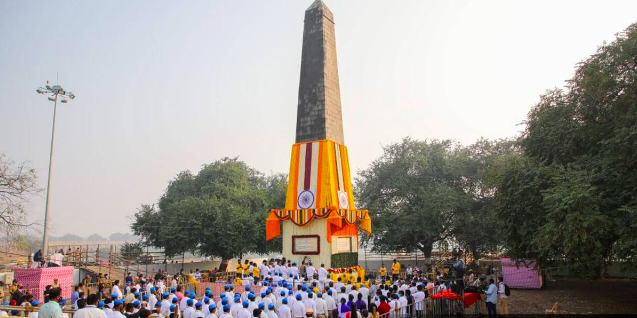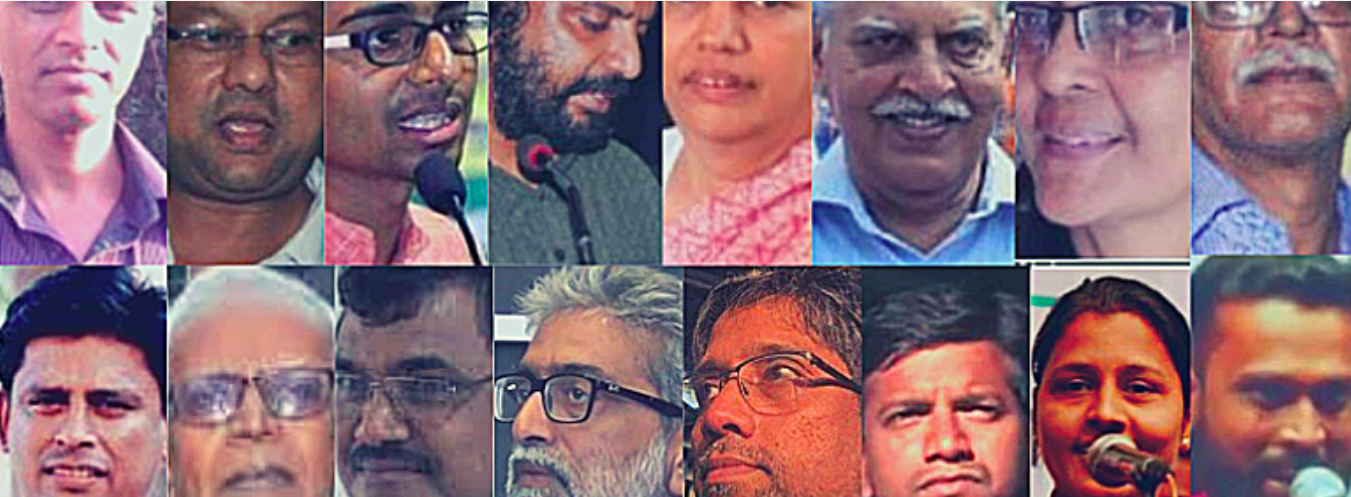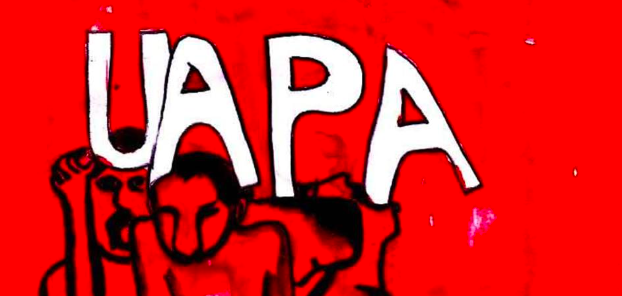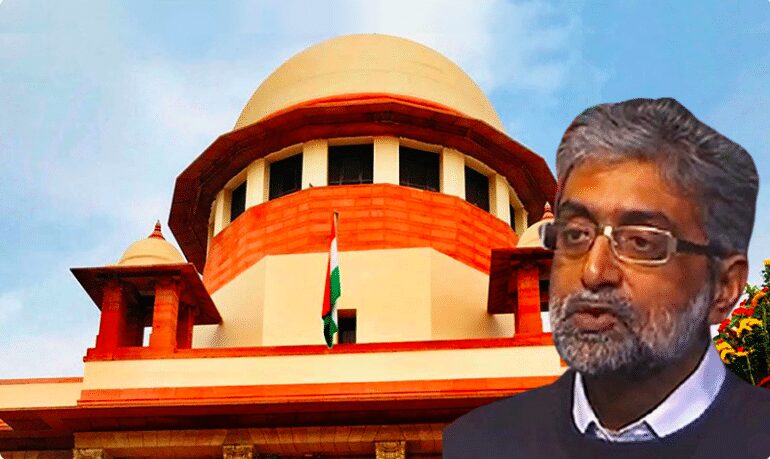On November 10, 2022, the Supreme Court permitted Gautam Navlakha, a 70-year-old campaigner, and Sahba Hussain, another defendant in the Bhima Koregaon Case, to be moved into house arrest.

The National Investigation Agency (NIAcase )’s was rejected by the Supreme Court, which placed Navlakha and his partner under house detention in Mumbai for their own health. The Supreme Court has imposed tight conditions for house arrest, including limitations on the use of phones, the internet, or any other communication devices, and will only, and will only permit restricted visits with his family.
The court also charged the accused with Rs. 2.4 lakhs, which would be utilised for the accused’s protection, and authorised the NIA to search the property and supervise those under house arrest.
What is the Bhima Koregaon Battle?
The battle, in which the British and Marathas engaged in combat, took place at the village of Koregaon (northeast of Pune). The Marathas numbered about 30,000 but there were only about 800 British soldiers. The altercation took place on January 1, 1818. Although the war began as a result of the British giving up Marathas’ territory, it changed course and was viewed as a Dalit protest against Brahaminical oppression (the British had Mahars in their army while the Peshwas had a majority of Brahmins), and there was a sense of “Nationalism” among Indians, leading to their unification against the British.
It gained popularity after Dr. B.R. Ambedkar, who made yearly trips to Jaystambh, said in 1941 that the Mahars had vanquished the Peshwas in the Bhima Koregaon Battle. Since then, the Dalits have gathered in Pune to commemorate the occasion.
The Bhima Koregaon Case: What Is It?
The Battle celebrated its 200th anniversary on January 1, 2018, and a conference called Elgaar Parishad was convened at Shaniwar Wada in Pune the day before. Many Bahujans rejoiced the involvement of Dalit soldiers in the British army’s victory over the casteist Peshwa Army. However, massive violence took place in the region in remembrance of anti-caste discrimination.

Pune Police had launched a nationwide raid at various locations. At first, they detained five Reliance Infrastructure Ltd. employees, but later they painted a different picture and conducted raids on the homes and workplaces of individuals from various fields, including academics, lawyers, activists, and others. The Anti-Terrorism Squad (ATS) changed the focus of the investigation from the initial focus on the spread of racism and anti-caste attitudes to the involvement of people in sheltering and supporting members of the government-banned CPI(Moist) organisation.
In the course of the investigation, the police detained sixteen people, charged them under the Unlawful Activities Prevention Act (UAPA) for their connections to outlawed Maoist organisations and their involvement in plans to assassinate Prime Minister Narendra Modi, and denied them bail on the same grounds.
A 1,000-page chargesheet was submitted by The National Investigation Agency in October 2000 against the defendants Anand Teltumble, Gautam Navlakha, Stan Swamy, Babu, Gorkhe, Gaucho, Jyoti Jagtap, and Milind Teltumdle. According to the chargesheet, the NIA claimed that all of the defendants were collaborating with the maoist organisation to plot a “Urban Revolution.” Also known as “Naxal Operatives,” Milind and Anand Teltumble.
However, these activists repeatedly demonstrated their innocence to the Court and the Government. Indeed, the evidence linking Milind and Anand Teltumble to the Maoists and the Elgaar Parishad Event in Pune was fake and planted, according to information published by the US-based cybersecurity firm Arsenal Consulting.
The Government is still unwilling to release the accused despite having presented all of this proof because they feel threatened by the accused’s work. The current regime does not support the kinds of battles that these activists used to wage for the rights of Dalits, Tribal people, and minority religious communities.
Unlawful Activities (Prevention) Act (UAPA)?

The Unlawful Activities (Prevention) Act, which was passed in 1967, is a law that forbids any activity that compromises the integrity or sovereignty of the nation. It is ultimately an anti-terror statute. In 2019, the Act was amended, making it possible for the government to designate someone as a “terrorist” after following the correct procedures.
Allowing this house arrest is a step in the right approach toward ensuring that people receive justice.













